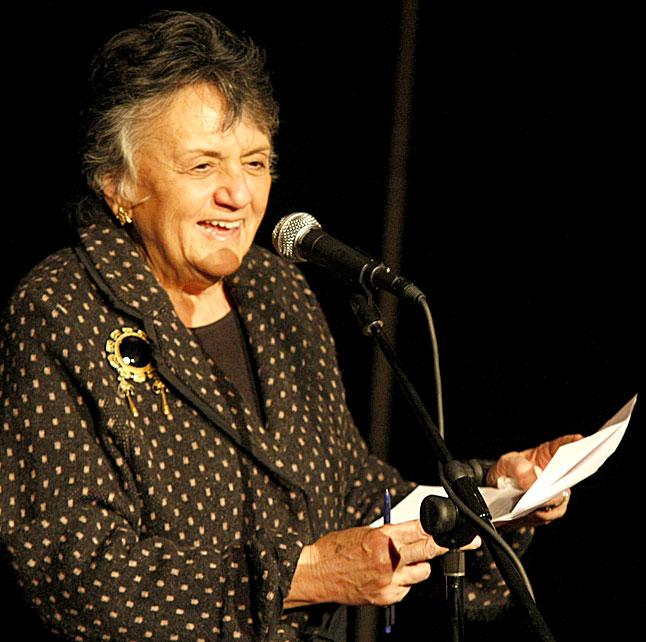A new amendment passed by the Wisconsin Assembly could change the way Wisconsin’s Supreme Court chief justice is selected.
Current rules state that the longest serving judge on the court is automatically the chief justice. The new amendment, which is backed by Republicans, calls for the members of the court to elect the chief justice, who would then serve a two-year term.
The assembly voted 62-34, along partisan lines. Although the amendment was passed by the Senate and the Assembly, it is not yet law. Since it is a constitutional amendment, voters will decide on the measure in a referendum on the April 7 ballot.
Some experts believe this amendment is politically motivated. University of Wisconsin political science professor Howard Schweber said over the last ten years, conservative justices have become the majority on the court, while Chief Justice Shirley Abrahamson is judicially liberal. Schweber said this amendment is trying to put Abrahamson out of the position.
UW political science professor and advisor to The Badger Herald Donald Downs said many decisions on the Supreme Court have been very close, ending in a 4-3 vote. Additionally, Downs said Justice Ann Walsh Bradley and Justice David Prosser have clashed on many issues. Because of this, Downs said this amendment is likely politically motivated, although he said he can not be sure.
“Odds are is that this amendment is motivated by the animosity between the liberals and conservatives,” Downs said.
Downs said it is likely that Abrahamson looks at this as a personal attack. The author of the bill, Sen. Tom Tiffany, R-Hazelhurst, said in The Milwaukee Journal Sentinel the amendment is not aimed at one individual.
“This is not about a person. This is about the institution,” Tiffany said. “This is not about the current chief justice … I believe this is the most appropriate way for the chief justice to be named.”
There are 22 other states where the chief justice is elected by their fellow justices.
Schweber and Downs said having a vote for chief justice is not always political.
“It is not as if the chief justice gets two votes. The chief justice assigns who will write opinions, they have a say in the calendar in the agenda,” Schweber said. “They can influence the operation of the court in significant ways and influence the agenda in significant ways.”
With the chief justice’s role, Schweber said it makes sense for the chief justice to be held in high regard of their colleagues. He said this idea was the reasoning behind selecting chief justices.
Downs said sometimes the motivations for the other states is political, but other times a justice is highly recommended amongst their peers.
Abrahamson has recently also been the focus on a bill proposal on a mandatory judge retirement age set at 75.
If the bill were to pass, Abrahamson, 81, would have to retire. Schweber said this provisions has broader applications than just being aimed at Abrahamson. He said there are many serious arguments for setting an age limit for serving judges. However, he said the age restriction is aimed at Abrahamson, but there is also a generational shift that motivates the proposed bill.
“The current generation of conservative leadership is more ideological, much more confrontational,” Schweber said.


